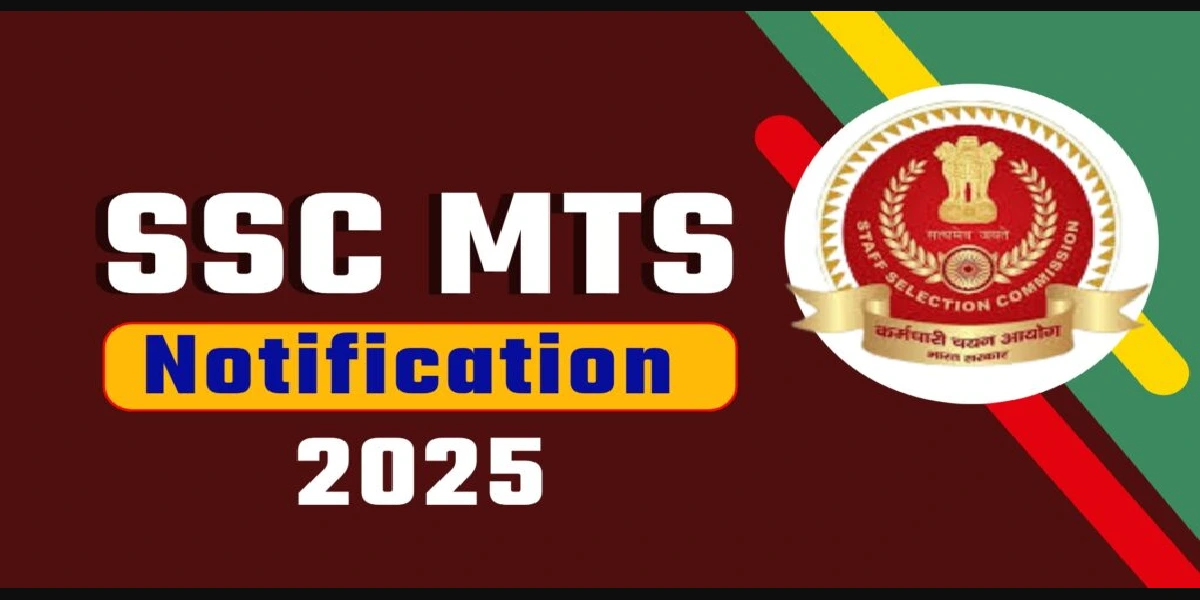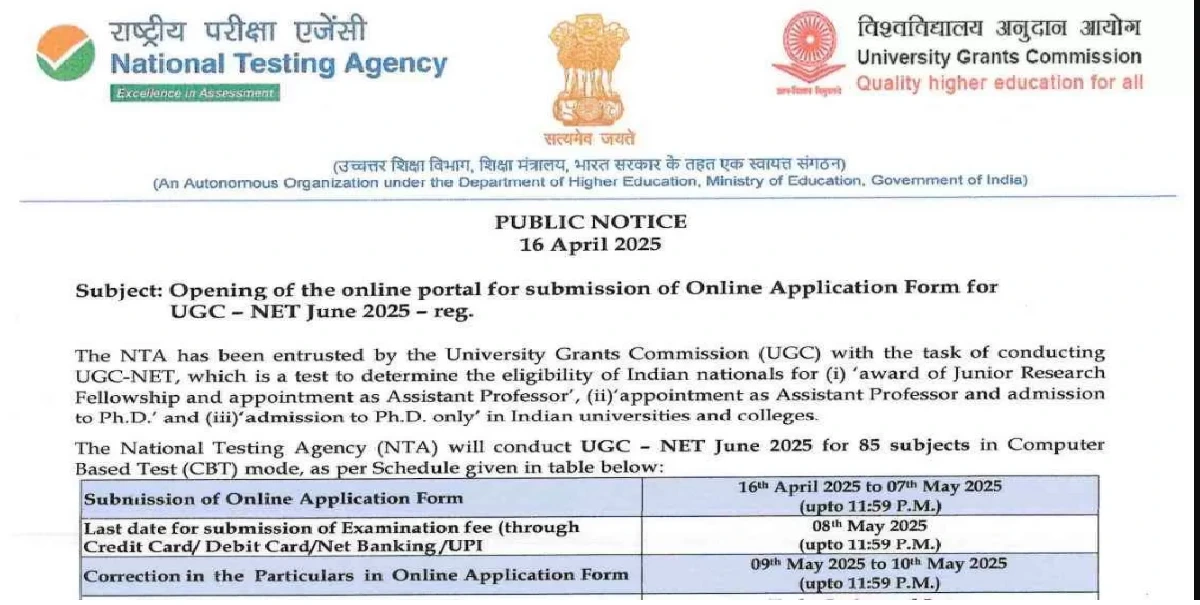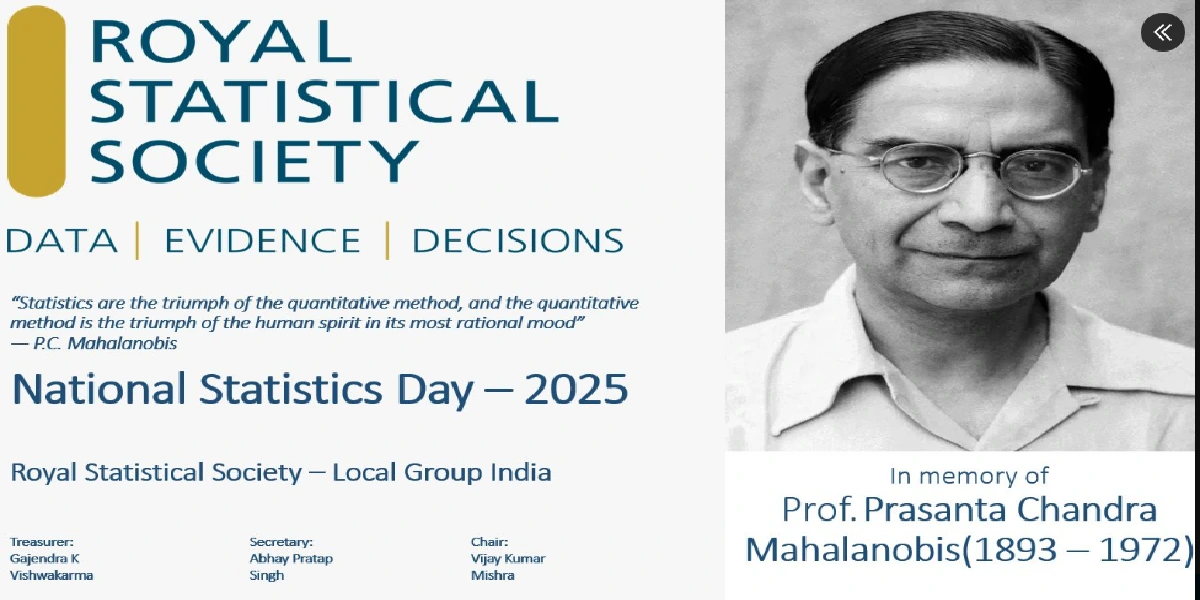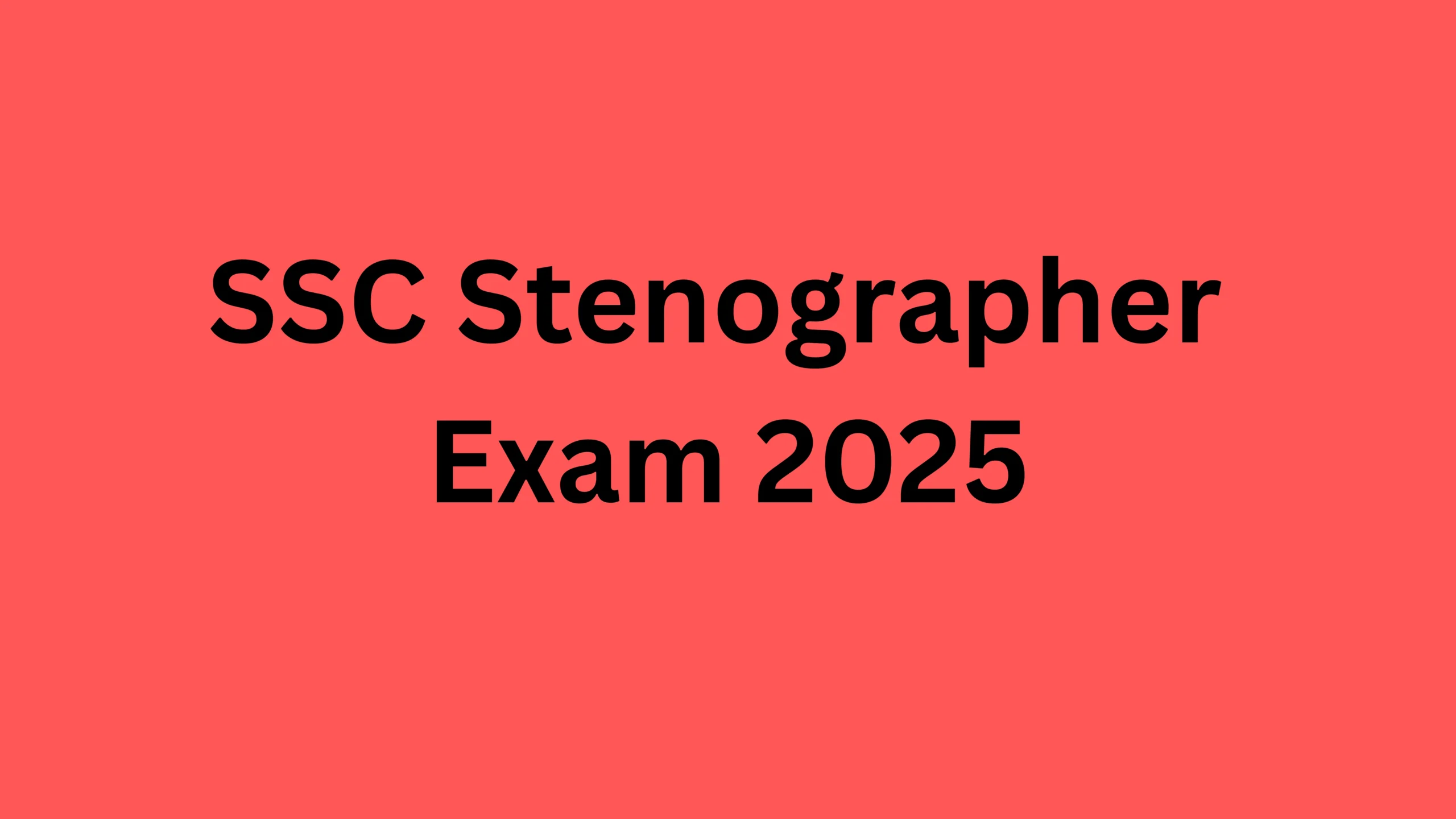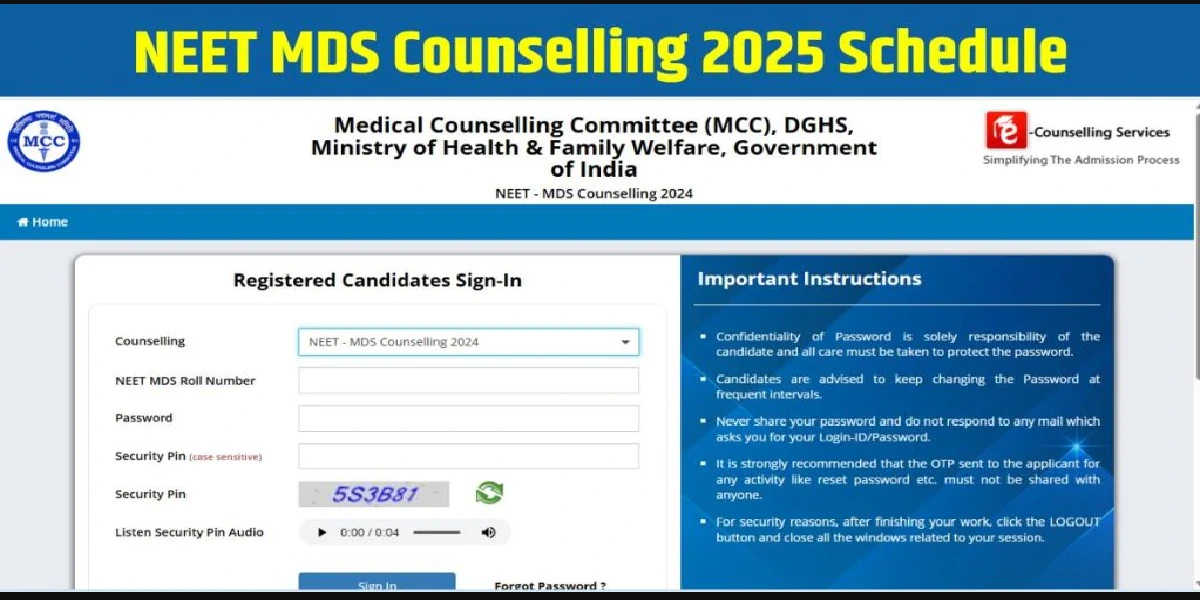[sc_fs_faq html=”true” headline=”h2″ img=”” question=”What is a Liberal Arts Education?” img_alt=”” css_class=””] A liberal arts education is a broad-based approach to learning that encompasses a wide range of disciplines, including humanities, social sciences, natural sciences, and mathematics. Unlike specialized vocational or technical training, liberal arts programs emphasize critical thinking, effective communication, and intellectual curiosity. This educational model has its roots in ancient Greece and Rome, where it was considered essential for free individuals to engage in civic life. [/sc_fs_faq]
Benefits of a Liberal Arts Education
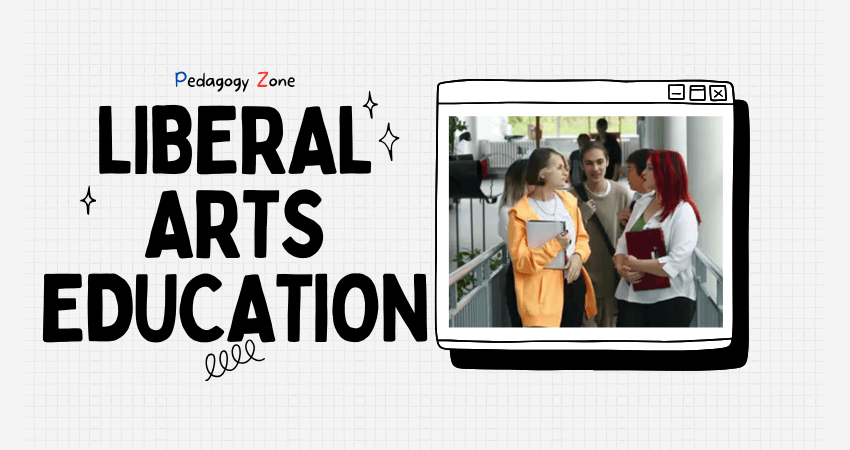
One of the most significant benefits of a liberal arts education is the development of critical thinking skills. Students are encouraged to analyze, evaluate, and synthesize information from multiple sources, leading to a deeper understanding of complex issues. This ability to think critically is invaluable in a world where information is abundant and often conflicting.
Effective communication is a cornerstone of success in any field. Liberal arts programs place a strong emphasis on writing, speaking, and listening skills. Graduates are adept at articulating their ideas clearly and persuasively, making them effective leaders and collaborators.
Creativity and innovation are key drivers of progress. By exposing students to diverse subjects and encouraging out-of-the-box thinking, liberal arts education nurtures the creative spirit. This approach leads to novel solutions and advancements in various fields, from technology to the arts.
Critical Thinking: The Foundation of Success
In a world where change is the only constant, the ability to think critically is crucial. It enables individuals to navigate uncertainty, make informed decisions, and solve problems efficiently. Critical thinking is not just about questioning the status quo but about understanding the underlying principles and assumptions that shape our world.
From business to healthcare, critical thinking is a valuable asset. For instance, in the business world, leaders use critical thinking to develop strategies, manage risks, and drive innovation. In healthcare, professionals rely on these skills to diagnose and treat patients effectively.
Effective Communication: Bridging Gaps
Communication is the glue that holds relationships and organizations together. Whether it’s collaborating with colleagues, negotiating deals, or simply sharing ideas, the ability to communicate effectively can make or break success.
Liberal arts programs train students to express their thoughts clearly and compellingly. Through essays, presentations, and discussions, students learn to convey complex ideas in an accessible manner, bridging gaps between different perspectives.
Creativity is more than just artistic expression; it’s a crucial component of problem-solving. Creative thinkers can see connections between seemingly unrelated concepts, leading to innovative solutions that others might overlook.
Many of today’s most influential leaders have liberal arts backgrounds. For example, Steve Jobs, the co-founder of Apple, credited his study of calligraphy with inspiring the design of the Mac’s typography. His liberal arts education played a pivotal role in shaping the user-friendly products that revolutionized technology.
In an era of rapid change, adaptability is a prized trait. A liberal arts education equips students with the ability to learn and unlearn quickly, adjusting to new circumstances with ease. This flexibility is a significant advantage in a volatile job market.
Consider the career of Sheryl Sandberg, COO of Facebook. With a background in economics and government, her liberal arts education provided her with the skills to navigate the tech industry’s dynamic landscape. Her adaptability has been a cornerstone of her success.
How Liberal Arts Education Instills Ethical Values
Liberal arts programs emphasize the importance of ethics through courses in philosophy, history, and social sciences. This foundation helps students develop a strong moral compass, guiding their decisions in personal and professional contexts.
A liberal arts education is not just about academic growth; it’s also about personal development. Students are encouraged to explore their interests, values, and goals, leading to a more fulfilling and self-aware life.
Many individuals have discovered their true passions through liberal arts education. For example, Oprah Winfrey credits her study of communication and performing arts with helping her find her voice and purpose, leading to her success as a media mogul.
| Read More Topics |
| Maintenance and champerty in tort |
| Difference between tort and breach of contract |
| The doctrine of common employment in tort |
